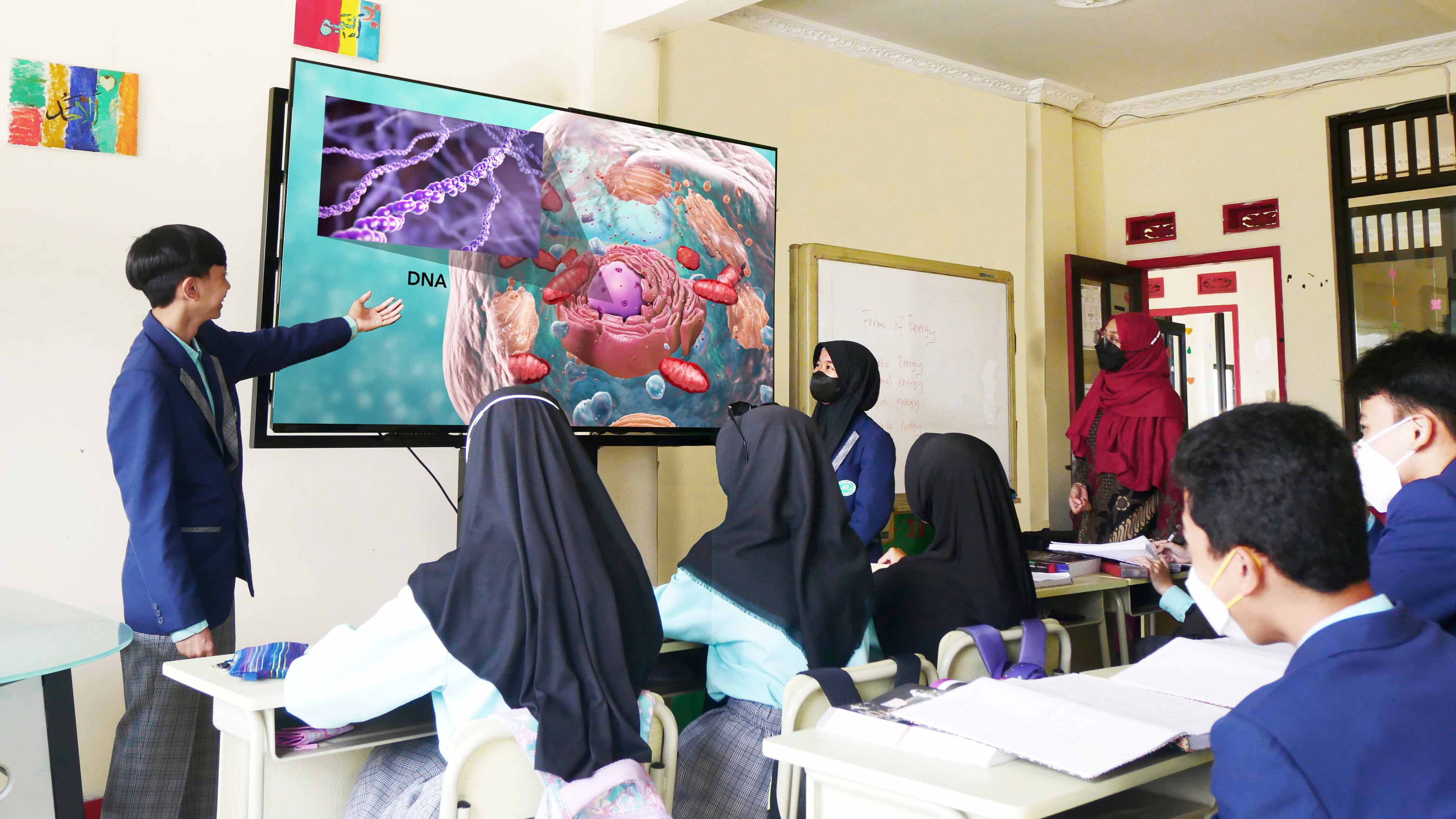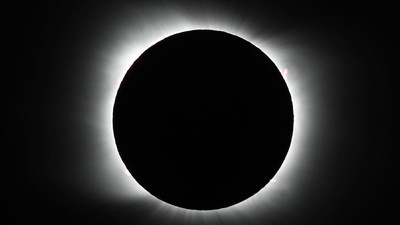08.00 - 16.00
Moday - Friday


Have you ever heard about a solar eclipse, sahabat Al Lathif? It's a truly amazing natural phenomenon where the moon blocks the sun, creating a breathtaking partial or total darkness. But with all its beauty, there's one crucial question: can we look at a solar eclipse directly with our naked eyes?
The answer is a big NO! While a solar eclipse is a fascinating sight, looking directly at the sun, even during an eclipse, can be extremely dangerous for your eyes. Here's why:
Hidden Danger: Even though the sun might appear partially covered during the eclipse, its harmful ultraviolet (UV) rays are still present. These strong UV rays can damage your retina, the light-sensitive part of your eye, which can lead to permanent vision loss.
Painful Consequences: Looking directly at the sun, even for a brief moment, can cause solar retinopathy. This is a painful condition that can cause blurred vision, blind spots, and even complete vision loss.
Don't Be Fooled by Darkness: The darkness during a solar eclipse might make you feel safe to look directly at the sun. However, this darkness is deceptive! The sun's UV rays are still there, doing their potential damage.
So, sahabat Al Lathif, how can we safely enjoy the wonder of a solar eclipse? Here are some tips:
Special Filters are Key: Invest in certified solar eclipse glasses. These specially designed filters block harmful UV rays, allowing you to view the eclipse safely. Remember, regular sunglasses are not enough!
Projection Method: For a DIY option, you can project the sunlight onto a white surface using binoculars or a telescope. This creates a safe indirect view of the eclipse.
Follow Expert Advice: Stay tuned to reputable scientific organizations or astronomy clubs for information on safe viewing methods during a solar eclipse.
Remember, sahabat Al Lathif, protecting your precious eyesight is vital. By following these safety tips, you can enjoy the beauty of a solar eclipse without putting your vision at risk. Let's be smart and responsible skywatchers!

Join us at Al Lathif Islamic School
Where every day is a new opportunity to grow and thrive in a loving and supportive environment. Together, let's create a bright and meaningful future for our next generation. Invest in your child's future with an affordable education at Al Lathif Islamic School. Contact us today to learn more about our school and our scholarship programs.